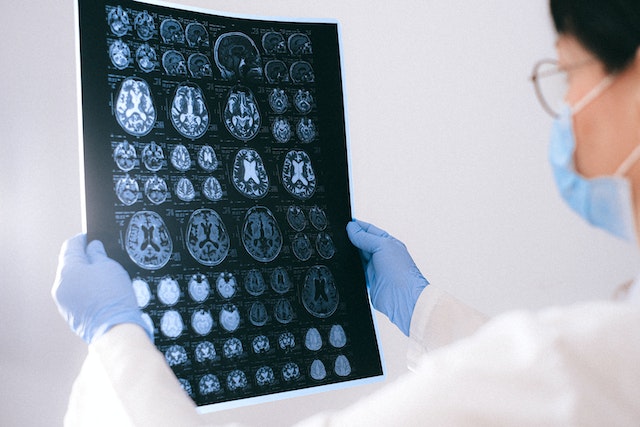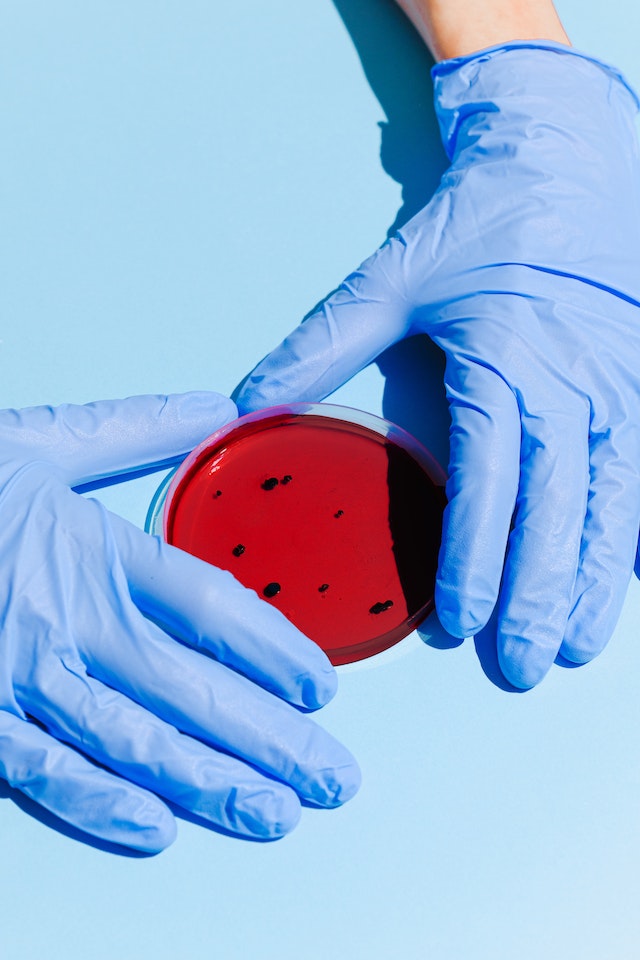EngSpotlight Interview: Biomedical Engineering
What does Biomedical Engineering mean to you?
Biomedical Engineering, for me, is the combination of engineering principles with sciences, to study design, develop and evaluate biological and medical systems and products. So this includes, for example, developing medical imaging technologies and machine learning algorithms to analyze medical images.
What are the different fields that biomedical engineers can specialize in?
Biomedical Engineering includes areas such as medical imaging, image analysis using artificial intelligence or AI, bioinstrumentation, telehealth, rehabilitation engineering, tissue engineering, biomaterial engineering, and those are just a few that come to mind.

Can you speak about the intersectionality between biomedical engineering and other fields (e.g. buildings, food, nature, etc)?
Biomedical engineering touches on all aspects of human life and everyday life directly or indirectly. As you alluded to that in your question, one example is food. Biomedical Engineering is used for genetically engineering fruits and vegetables for creating packaging materials that are safe when they come in contact with food and for understanding the health and physiological significance of a variety of foods. Finally, I can also think of another application where biomedical engineering is used for creating sensors that analyze the composition of food and ensure the safety of food or even for extracting nutrients for pharmaceutical purposes.

What are some of the pressing challenges faced in the Biomedical Engineering field?
The first thing that comes to mind is Biomedical Ethics or bioethics, which is the ethical issues arising from the development or use of new technologies to facilitate diagnosis and improve one's health or provide treatment. So these leads to gray areas for some societies and often some religions.
You wrote a publication a year ago, titled “Applications of machine learning in maternal-fetal medicine.” Can you tell us about the blend of AI with biomedical engineering?
AI can allow us to analyze medical images rapidly, accurately and consistently providing a first pass screening that enables clinicians to optimize their workflow and to prioritize cases. AI can also be used to predict disease progression and clinical outcomes, providing opportunities for early intervention that prevent catastrophic outcomes. So for example, we created a tool for clinicians that allows them to predict the risk of an adverse pregnancy outcome in pregnant patients with COVID 19. So this AI tool can then be used to decide whether to hospitalize the individual or monitor them closely versus to send them home and monitor them remotely. Not only can this improve patient outcomes, but it can also optimize the use of our hospitals' intensive care units.
Can you speak about the work your students do at the Maternal Fetal Imaging Lab?
So the research work at the Maternal Fetal Imaging Lab covers all areas of maternal fetal diagnostics. So from MRI phantom and sequence development to image processing using AI, all tuitive clinical applications. So we are developing ways to image glucose metabolism within the fetus and the placenta. We also have several software packages that automatically calculate biometric parameters, such as volume, growth, weight, and so on. And other software packages that diagnose maternal fetal and placental abnormalities and tools for predicting pregnancy outcome.

What are some interesting developments you are keeping an eye on in your field?
I've been particularly interested in biomaterial synthesis and the development of novel techniques for creating materials that simulate the imaging properties of human tissue. So, being able to create or engineer materials that have similar characteristics to those of human tissue, would allow us to expedite developments, testing and clinical application, or clinical translation of new imaging modalities, because we'll be able to use phantoms instead of human volunteers for all of those stages of development.
Finally, what is your advice for first-year engineering students?
My advice for first-year students is that you develop a good foundation in math and science, read about recent discoveries and developments in the field, and even challenges in medicine, in order to find what interests you and what excites you. Now, if you follow your passion, you'll be able to develop a Biomedical Engineer career that is also satisfying and gratifying.

